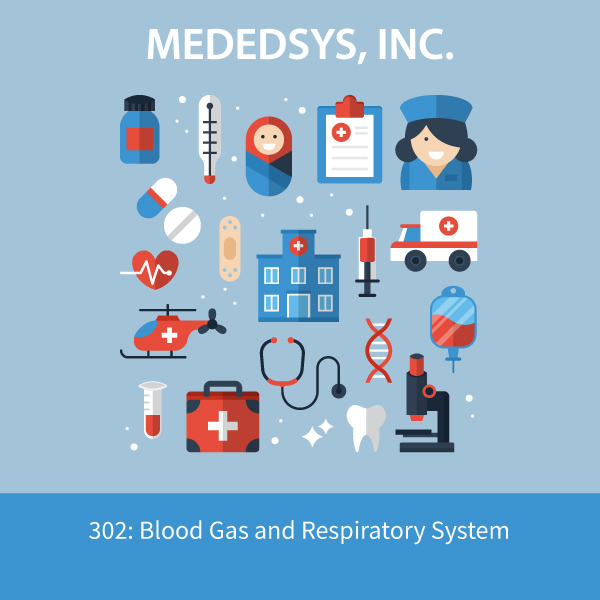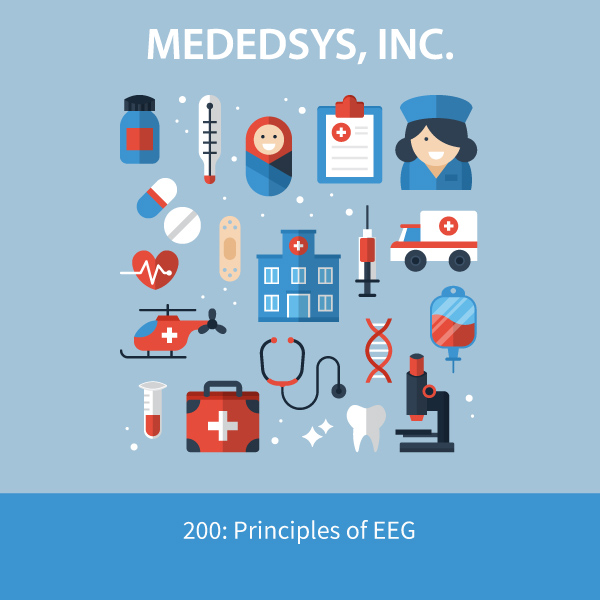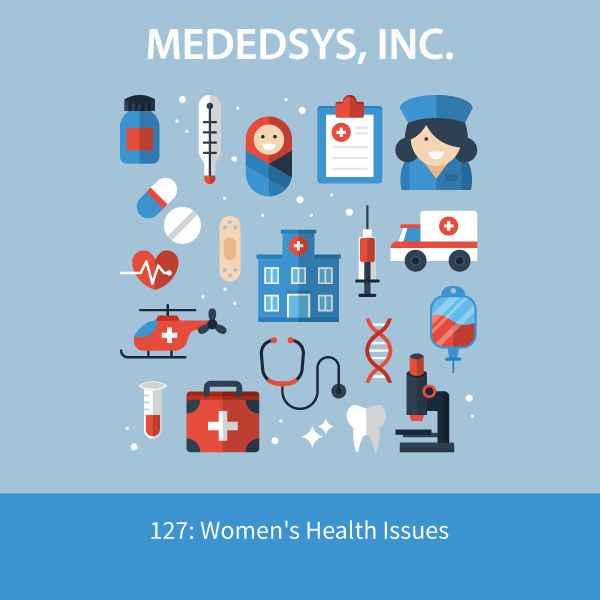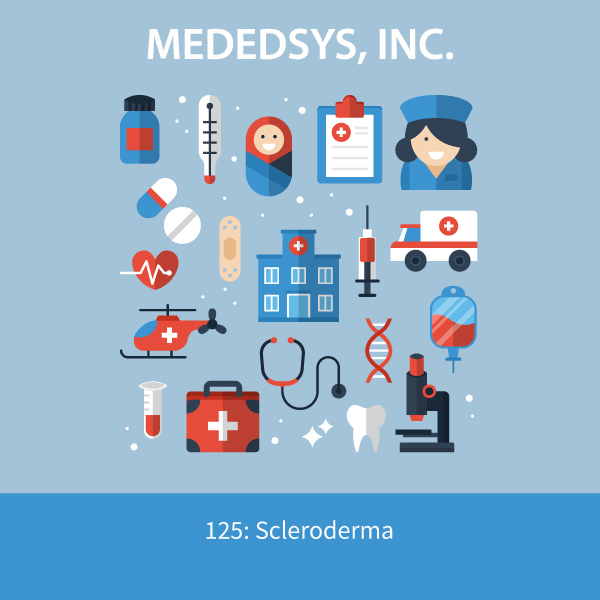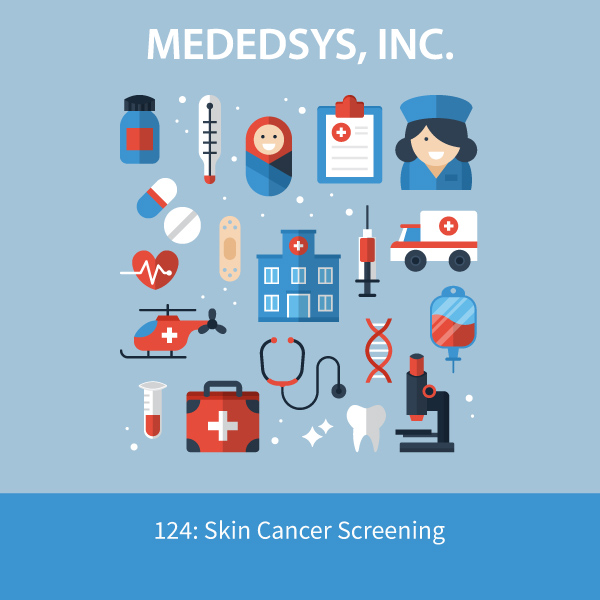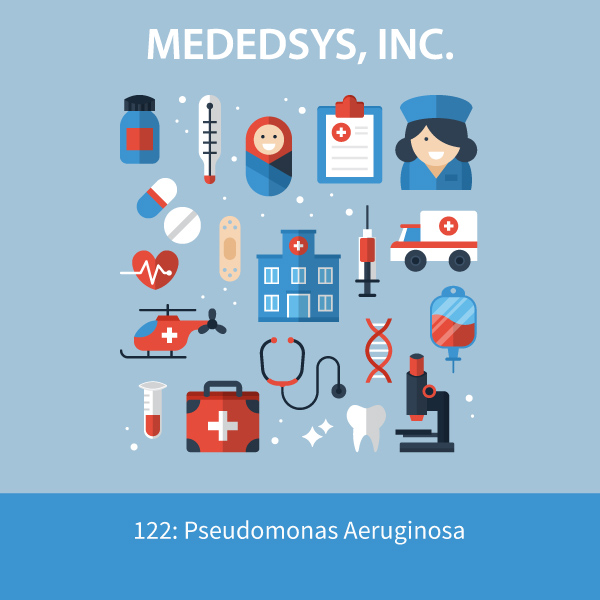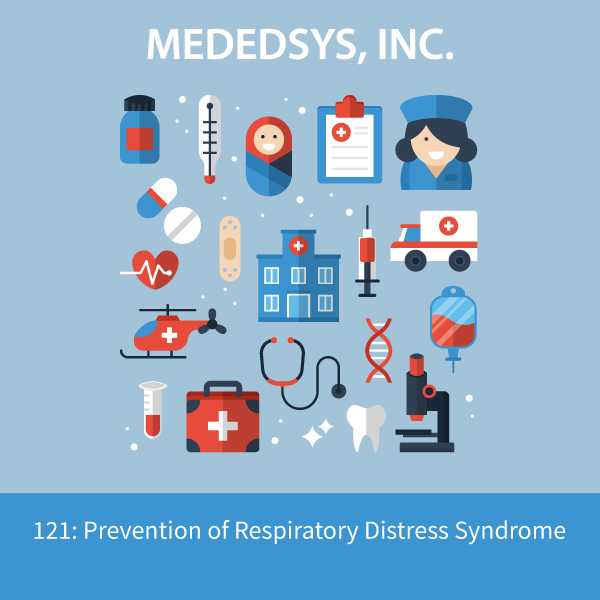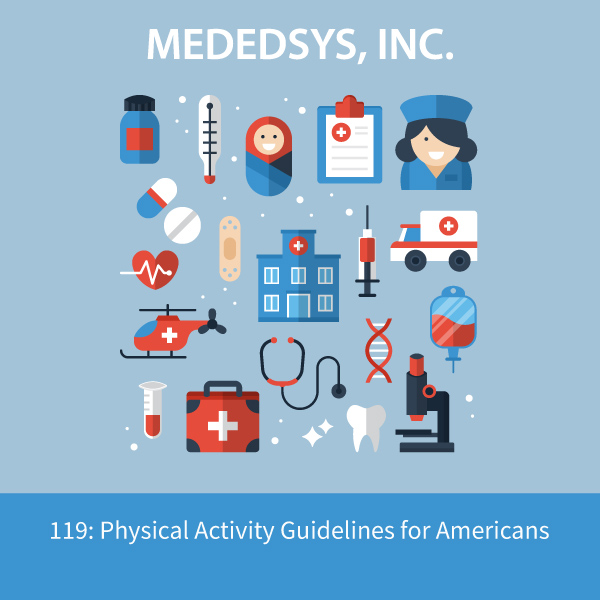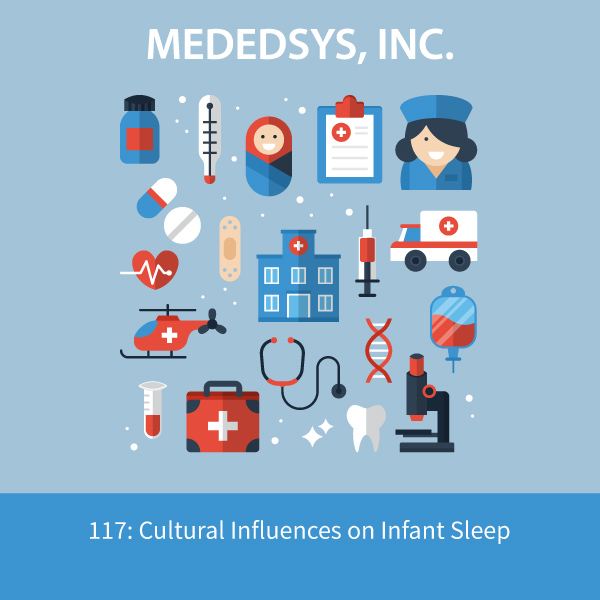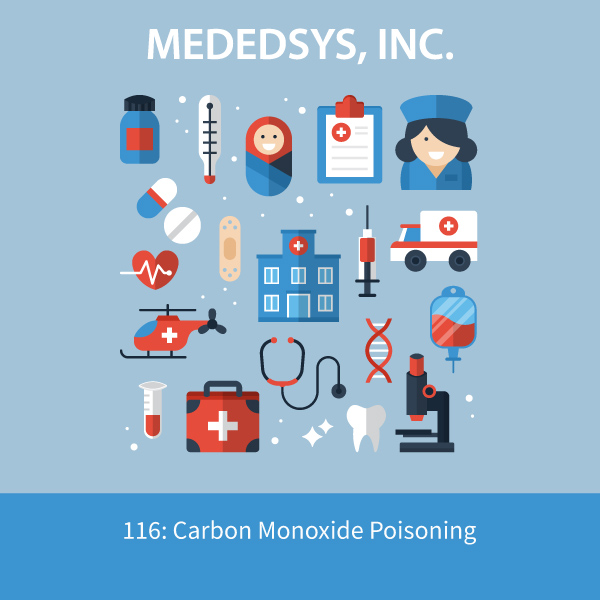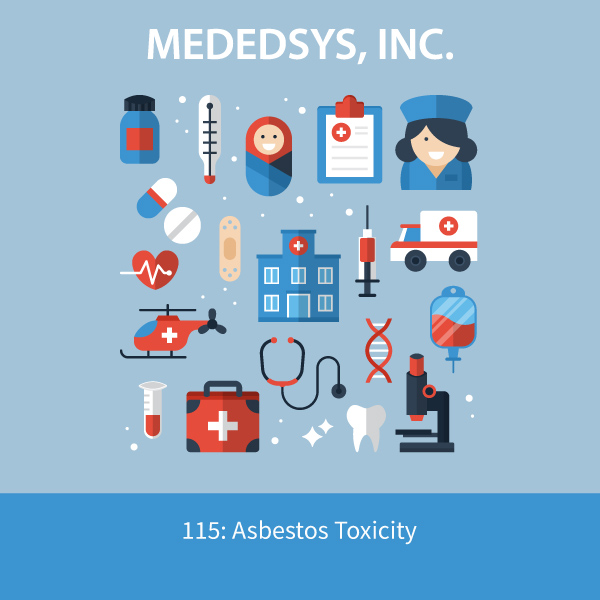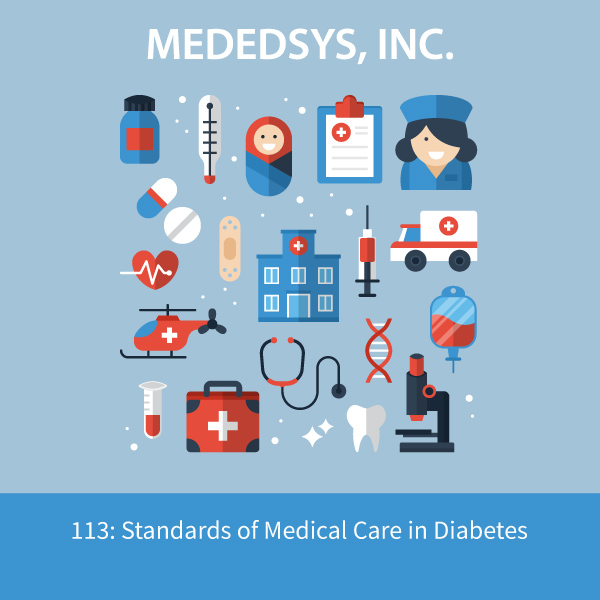No products in the cart.
LEARNING OBJECTIVES Upon completion of this course, you will be able to: Describe the basic elements of blood gases, how they are analyzed, and how that information is used in health care. Identify how blood gases fit into the overall respiratory system. Discuss blood gas analyzers and explain how they work. List and discuss the […]

